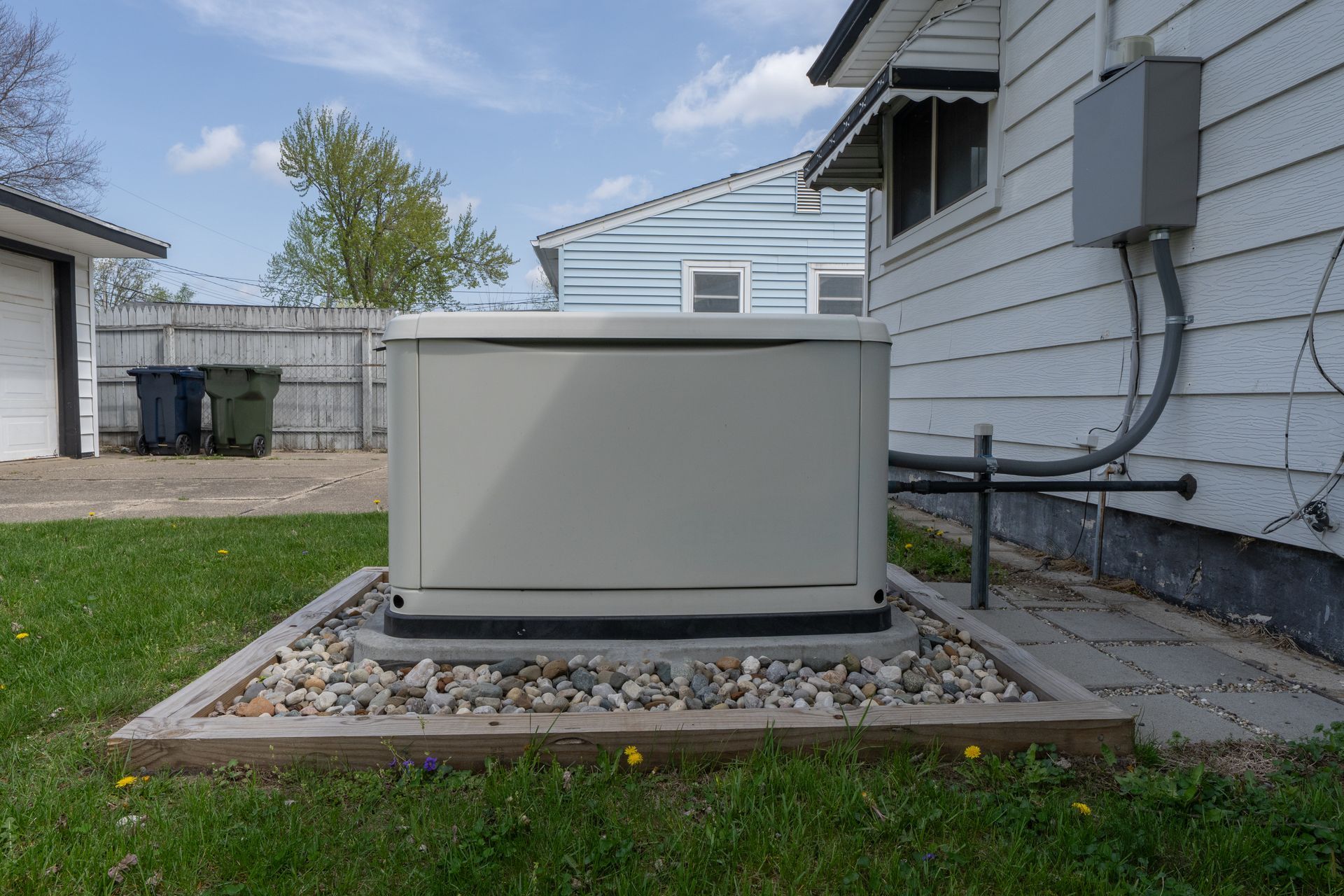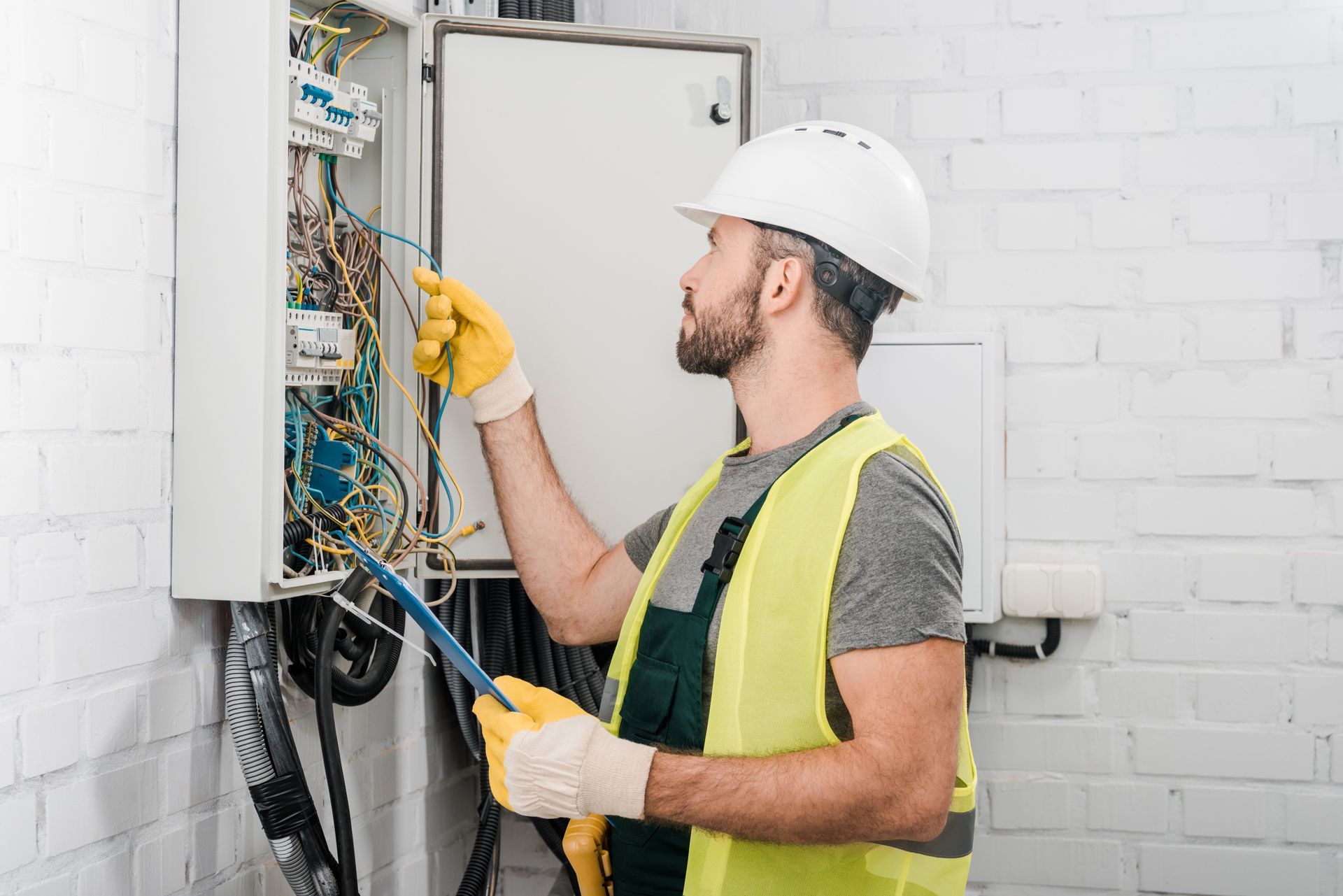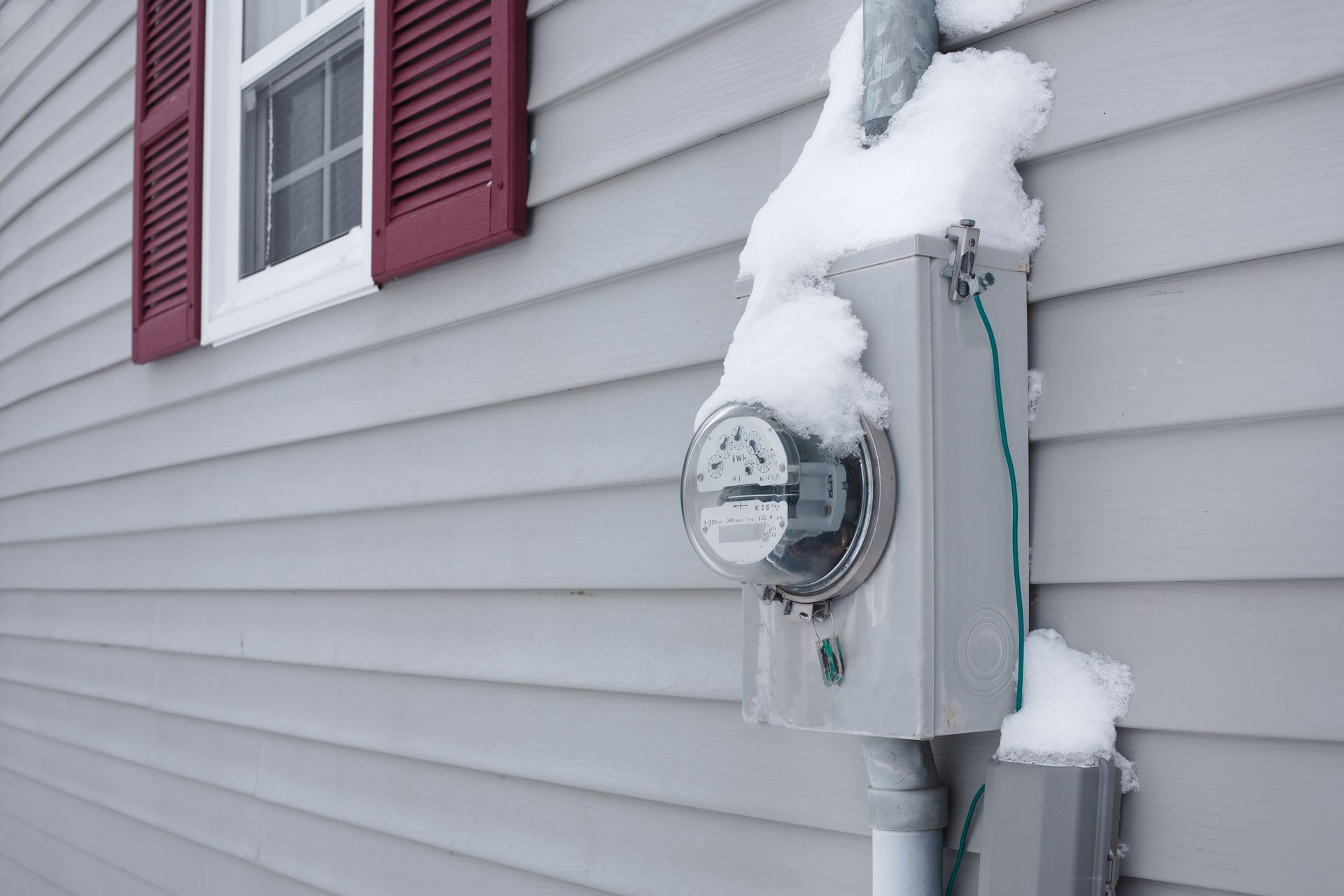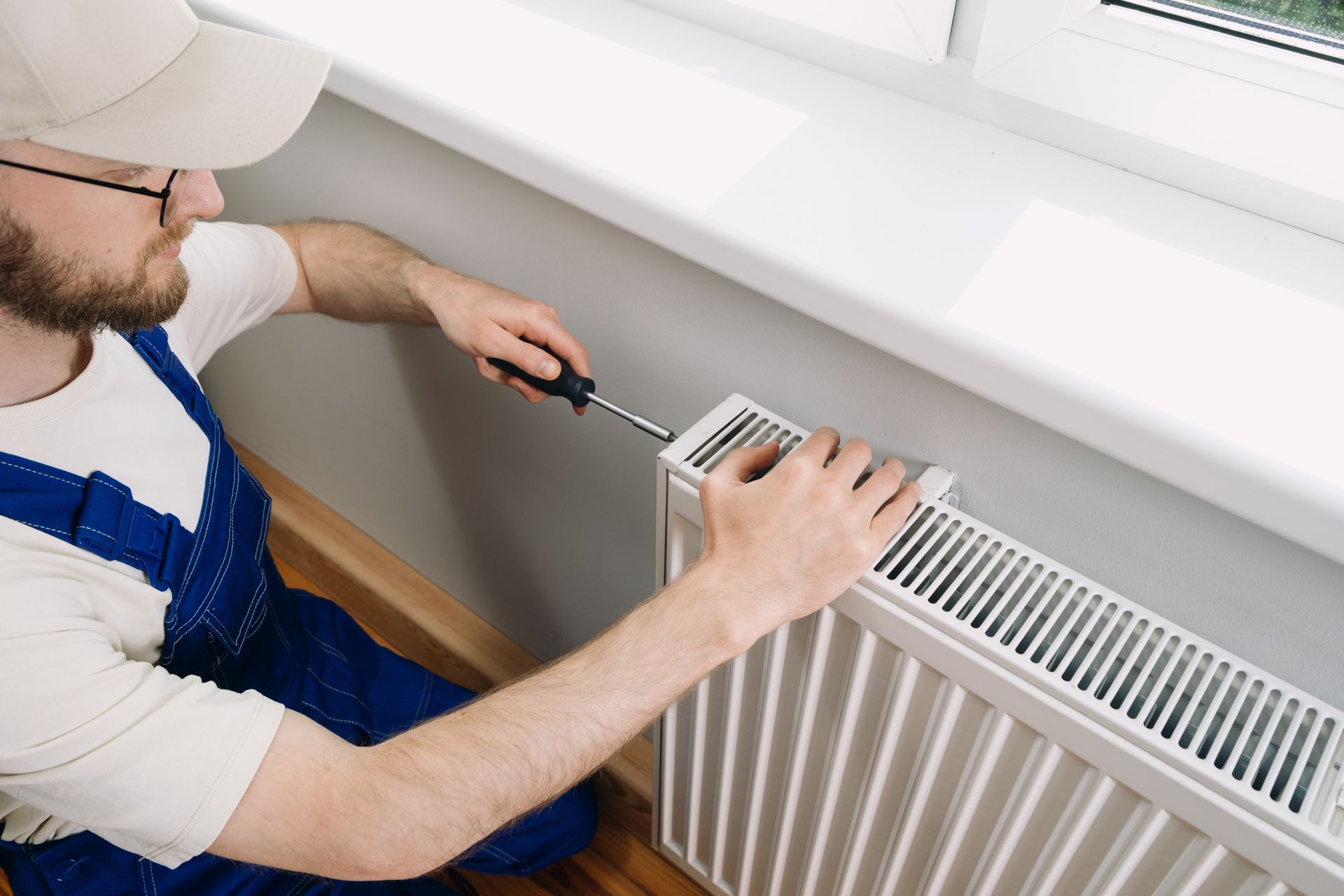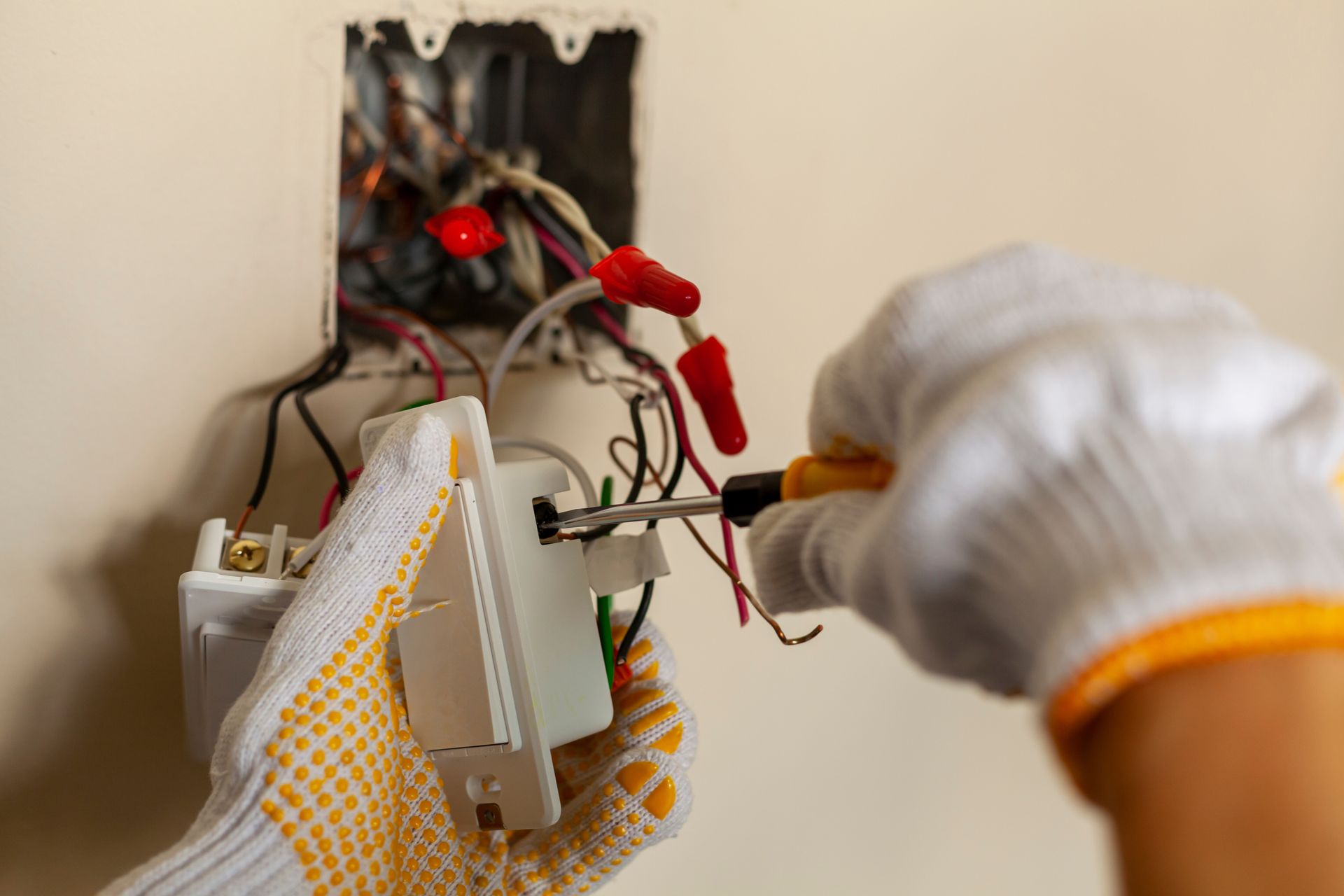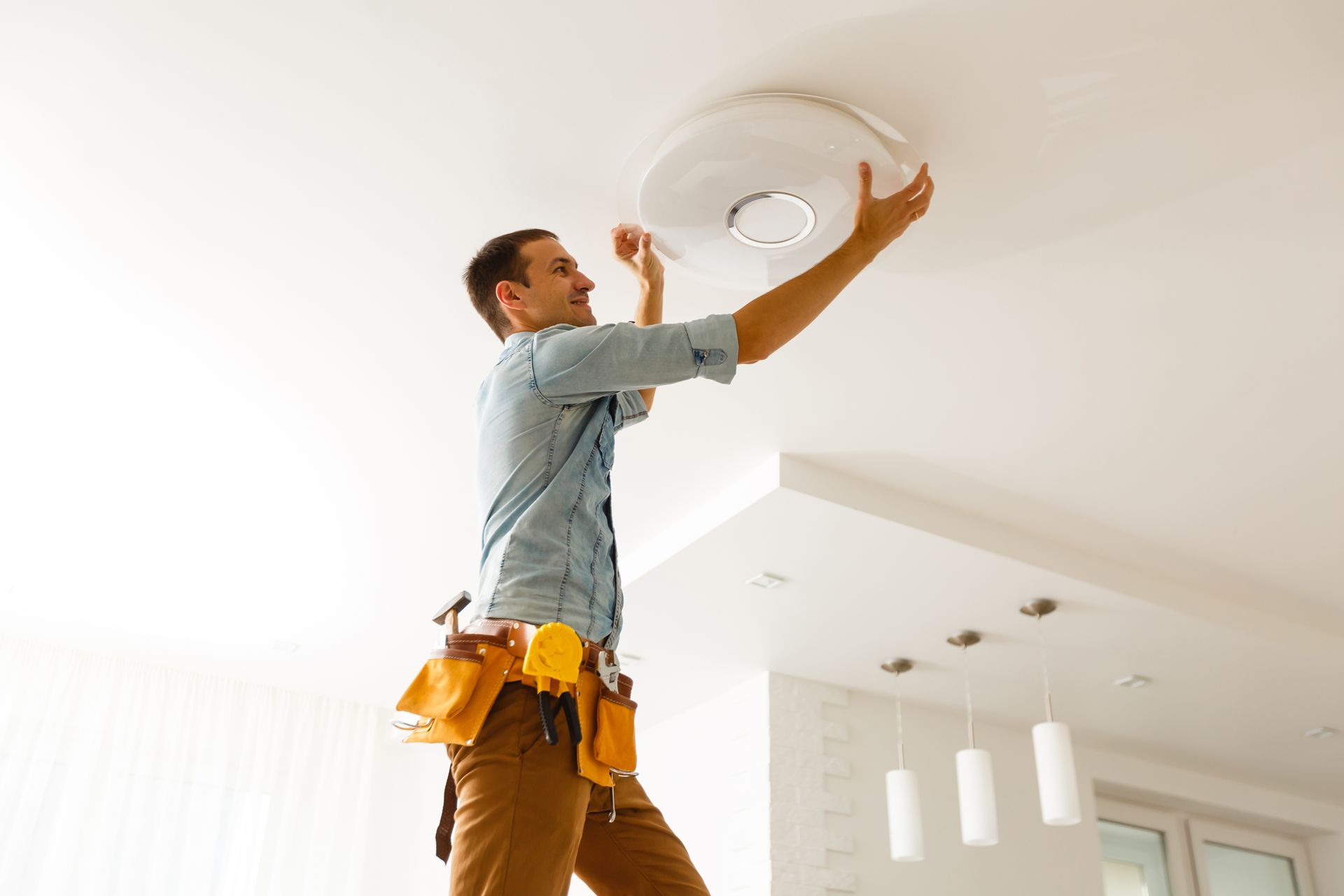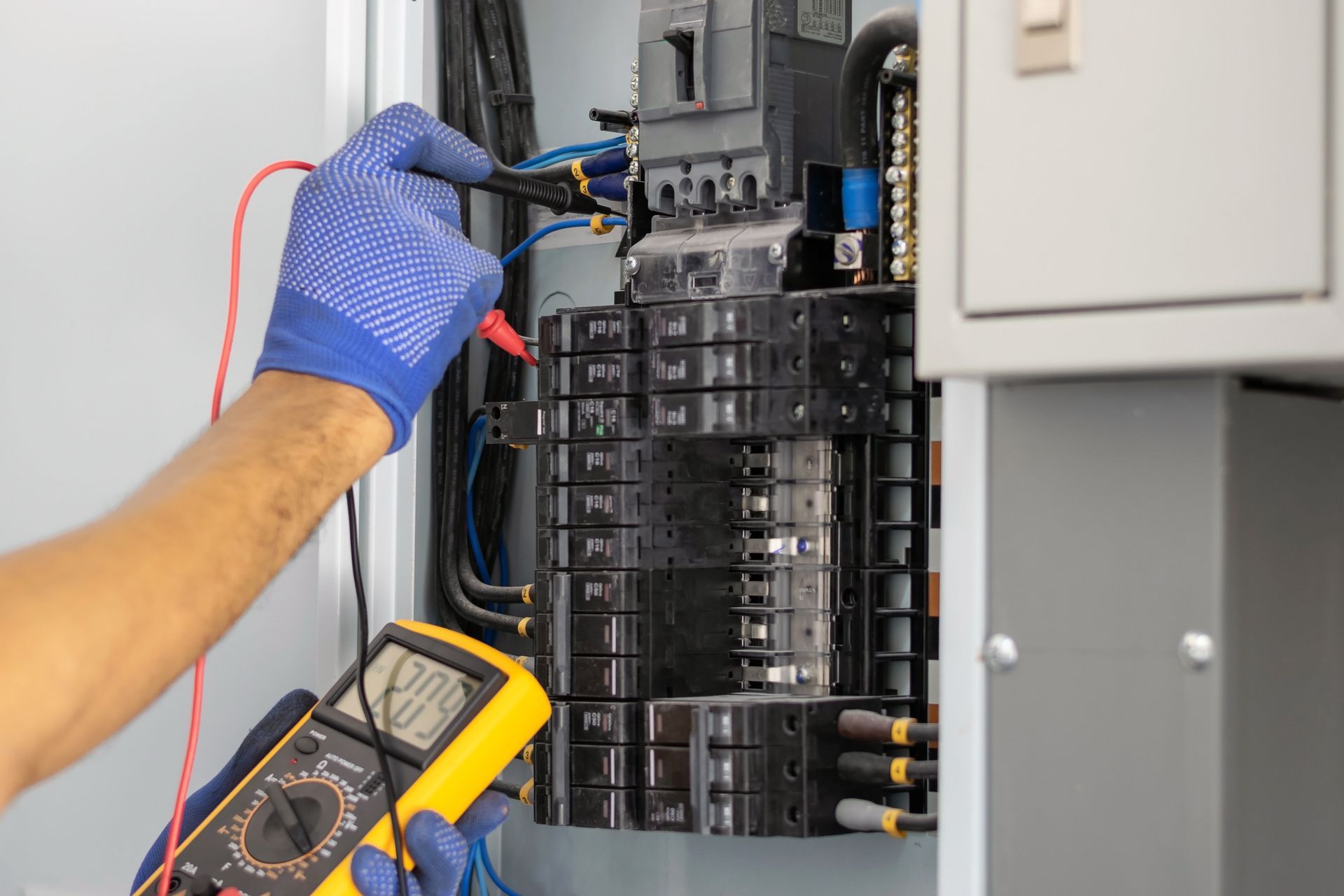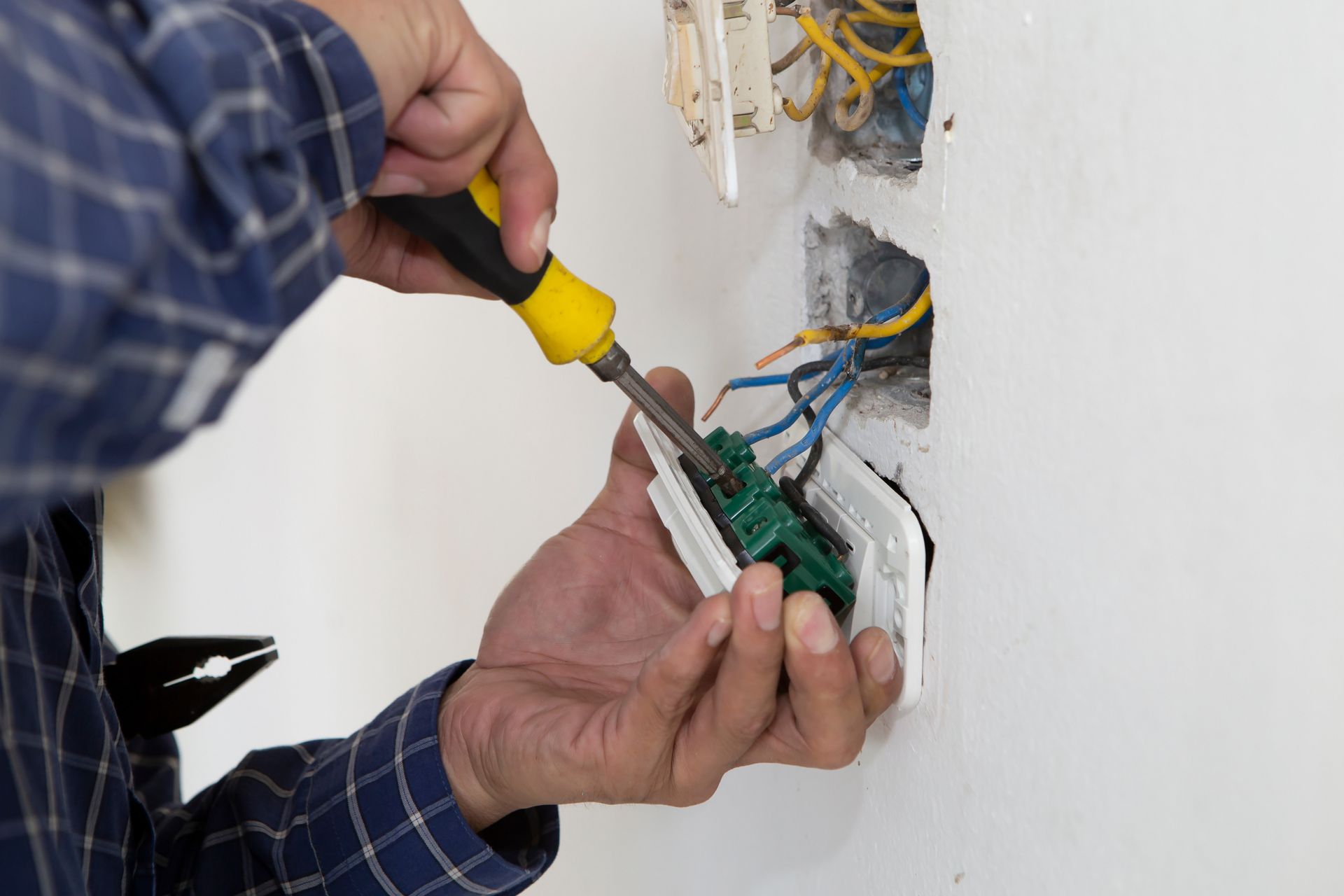How to Prevent an Electrical Fire: Top Tips for Home Safety
It's easy to take electrical safety for granted. After all, when everything is working properly, it's not something that we have to think about. But the fact is that electrical fires are one of the leading causes of home fires in the United States, and they can be very dangerous. In this article, we will discuss some tips for preventing electrical fires in your home.
Table of contents
- The dangers of electrical fires
- How to prevent electrical fires
- What to do if experience an electrical fire
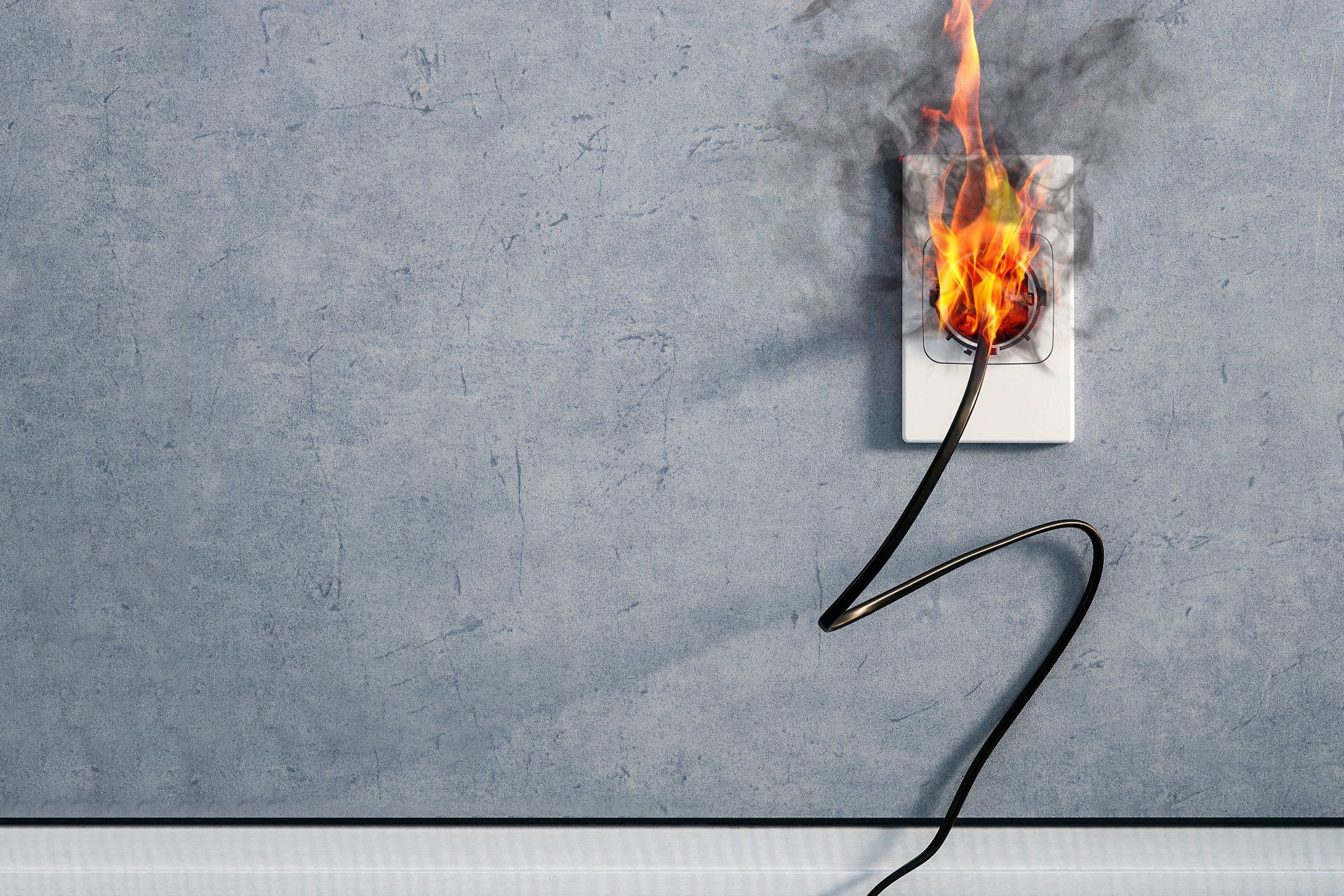
The Dangers of Electrical Fires
Electrical fires are a significant hazard in the United States. The NFPA (National Fire Protection Association) electrical fires account for more than 51,000 fires every year in the United States, resulting in over 500 deaths and more than 1,400 injuries. In addition, these fires cause more than $1.5 billion in property damage every year. Here are three additional statistics about electrical fires:
-Between 2015-2019, electrical fires accounted for 13% of all home fires in the United States making it the second leading cause of all home fires.
-According to ISHN, Electrical arcing causes more than 30,000 home fires each year.
-17% of the leading areas of origin for electrical distribution and lighting fires occur in the bedroom.
There are a large number of reasons why electrical fires are so dangerous. First, they can spread very quickly. The reason is that electricity produces heat, and this heat can quickly ignite other materials in the area. Additionally, electrical fires produce a lot of smoke, and this smoke can be very harmful to your lungs. Finally, electrical fires can be very difficult to put out. This is because water is a conductor of electricity, and using water to extinguish an electrical fire can worsen the situation. For these leading reasons, it is important to be aware of the dangers of electrical fires and take steps to prevent them.
Electrical Fire in Home - Main Causes
Here is a list of common causes of electrical fires in the home:
- overloaded circuits and overloaded outlets
- defective appliances
- faulty electrical wiring
- defective light fixtures or appliances
- improper use of extension cords or electrical cords
- flammable materials near electrical sources
- faulty electrical outlets
- damaged insulation around electrical wires
- water damage to electrical equipment
- overloaded circuit breakers or fuses
- faulty surge protectors
- loose lighting fixtures
- old wiring
- large electrical appliances such as portable heaters and air conditioners plugged into power strips
5 Tips on How to Prevent Electrical Fires in Your Home
Electrical fires are a leading cause of house fires, and you can prevent electrical problems, including shock or fire hazard, with some basic safety measures.
1 - Check electrical outlets and cords regularly
A leading cuase of electrical home fires is faulty electrical outlets and cords. Over time, outlet covers can become loose, and cords can become frayed or damaged. This creates a fire hazard, as electricity can escape from the outlet or cord and ignite nearby materials. To prevent a potential fire, it is important to regularly check electrical outlets and cords and tighten or replace them as needed.
2 - Avoid Overloading Outlets
Another leading cause of electrical fires is overloading outlets. Plugging too many devices into one outlet can overload the circuit and cause a fire. To prevent this, only plug in as many devices as the outlet can safely handle. If you need to use more than one device at a time, use a power strip with built-in circuit protection.
If an outlet is hot or warm to the touch, this is a sign that it is overloaded and a fire hazard. Immediately unplug all electrical devices from the outlet and have it repaired by a qualified electrician.
3 - Avoid Using Extention as a Permanent solution
While extension cords are convenient way to provide power to electrical devices, they should not be used as a permanent solution. Extension cords are not designed for long-term consistent use and can overheat if used improperly. If you have to use an extension cord, make sure the extention cord is rated for the wattage of the devices you are plugging into it and do not use it for more than a few hours at a time.
Additionally, extension cords should never be placed under carpets or rugs as this can cause them to overheat. If you're using an extension cord, make sure it's in a well ventilated area and nothing is covering it.
If an extension cord feels hot to the touch, unplug it immediately and do not use it again until it has been checked by a qualified electrician.
4 - Avoid Pluging Large Appliances into Power Strips
Power strips are a convenient way to connect multiple devices to one outlet. However, they should not be used with large appliances such as refrigerators, microwaves, air conditioners or space heaters. These appliances require their own dedicated circuit and should never be plugged into a power strip. Overloading powerstrips with large appliances can cause fires.
5 - Use Ground Fault Circuit Interrupters In Key Areas
GFCI's (ground fault circuit interrupters) are devices that shut off power to an electrical circuit when it detects a ground fault. They are typically used in areas where there is a risk of electrical shock, such as kitchens, bathrooms and outdoor areas. GFCI's can prevent electrical fires by shutting off power to a circuit before it can overheat.
While GFCI's are not required by law, they are a good safety measure to take in key areas of your home.
What To Do If An Electrical Fire Starts?
If an electrical fire starts in your home, it is important to act quickly and safely to extinguish the fire and prevent further damage. electrical fires are particularly dangerous because they can spread quickly and are often difficult to control. The first step is to disconnect any electrical devices or appliances that may be causing the fire. If possible, safely turn off the power at the breaker box. Once the power is shut off, do not turn it back on until a qualified electrician has inspected the electrical system. If you cannot safely disconnect the power, Evacuate immediately and call 911. Never try to fight an electrical fire with water, as this will only spread the flames and increase the risk of electrocution. Instead, use a fire extinguisher or smother the flames with a heavy blanket. Quick thinking and safe actions can extinguish electrical fires before they cause serious damage.
Test Your Smoke Alarms!
Smoke alarms are an important part of electrical fire safety in the home. However, many people don't realize that smoke alarms need to be tested regularly to ensure that they're working properly. In fact, the National Fire Protection Association recommends that smoke alarms be tested once a month. Testing your smoke alarm is simple: just push the test button to make sure the alarm sounds. If it doesn't, it's time to replace the battery. Just by taking this simple step, you can help keep your family safe from fires. So don't forget: test your smoke alarms every month!
Keep You and Your Family Safe From Electrical Fires
Electrical fires can cause a lot of damage in a short amount of time. It is important to take the necessary precautions to prevent these fires from happening in the first place. If you do experience an electrical fire, it is important to know how to extinguish it properly, protect your safety, and what steps to take afterward to minimize the damages. Hiring a professional electrician like B Town Electric can help ensure that your home or office is safe from electrical fires.
Questions? Contact our main office
Schedule a Free Quote. Submit a free quote request online
